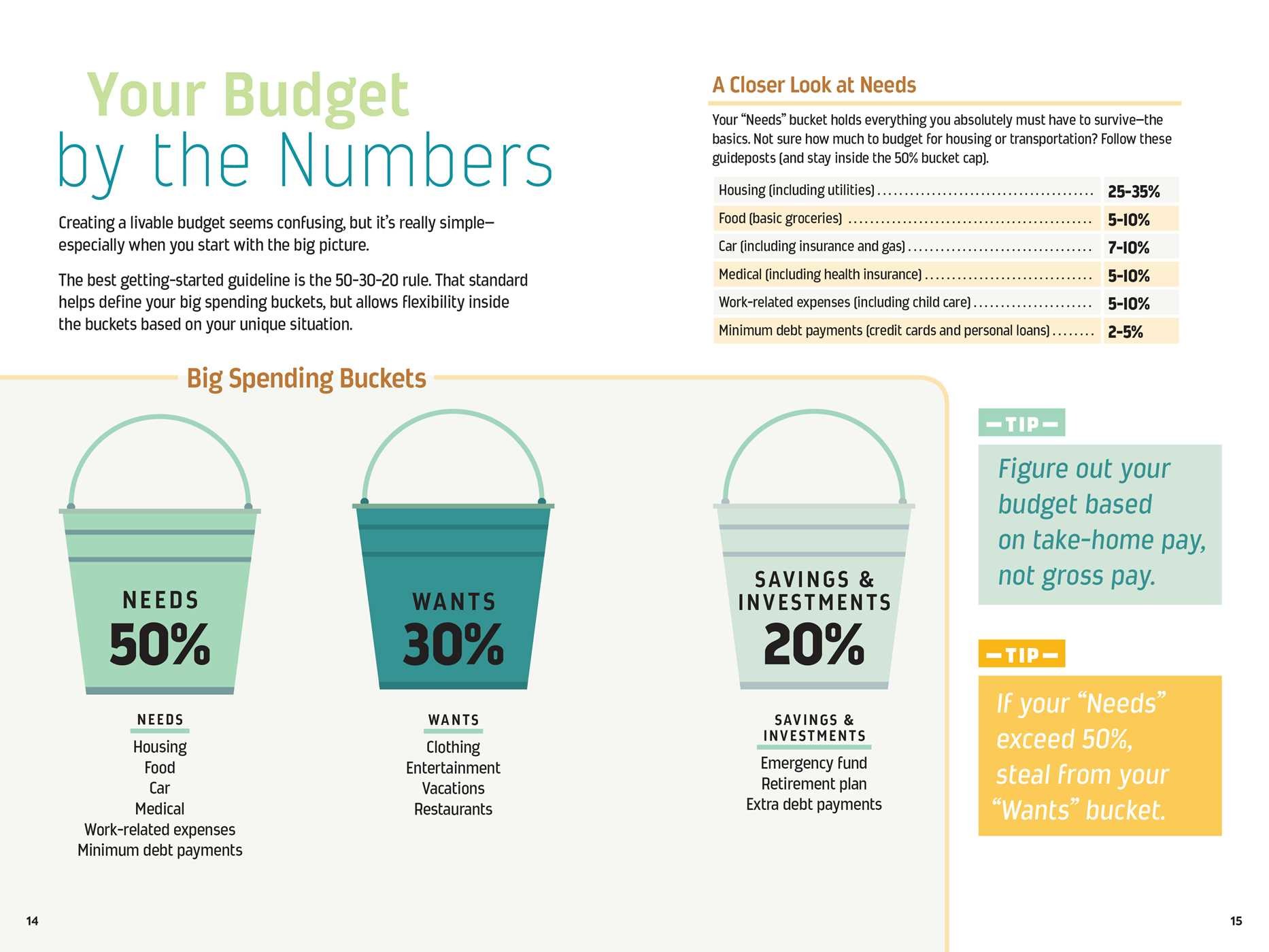Confused Concerning Whether To Choose A Repayment Bond Or An Auto Mechanic'S Lien? Discover Which Choice Supplies One Of The Most Security For Your Task'S Requirements And Assurances Payment On Schedule
Confused Concerning Whether To Choose A Repayment Bond Or An Auto Mechanic'S Lien? Discover Which Choice Supplies One Of The Most Security For Your Task'S Requirements And Assurances Payment On Schedule
Blog Article
see this here Develop By-
When deciding in between a Repayment Bond and a Mechanic's Lien for your job, you must carefully evaluate the advantages and disadvantages of each alternative. The choice in between both can significantly impact just how you guard your rate of interests and make certain prompt settlement for your work. Comprehending the subtleties of each device and exactly how they align with your job's specifics will be crucial in making an educated decision. So, prior to you make your option, think about the implications and consequences each alternative might have on your project's success.
Key Distinctions In Between Payment Bonds and Auto mechanic's Liens
When making a decision in between repayment bonds and technician's liens, it's critical to comprehend the crucial distinctions to make an enlightened option. Settlement bonds are normally obtained by the job owner to guarantee that subcontractors and distributors are paid for the work they have actually finished. On the other hand, technician's liens are a legal case versus the residential property by a contractor, subcontractor, or distributor that hasn't been paid for job done on that particular home.
Settlement bonds offer defense to subcontractors and suppliers if the basic service provider stops working to pay as promised. In contrast, mechanic's liens supply a means for service providers and suppliers to secure repayment by positioning a case on the residential or commercial property where the job was carried out. Settlement bonds are generally obtained prior to job starts, while mechanic's liens are filed after non-payment problems arise.
Understanding these vital differences will aid you select the right option based on your certain circumstance and demands. Guarantee you weigh the advantages and limitations of each approach meticulously prior to choosing.
Elements to Think About Prior To Selecting
Consider various important variables before selecting either a settlement bond or a technician's lien to protect your rate of interests in a construction job.
Firstly, examine the project dimension and intricacy. For bigger projects with multiple events involved, a repayment bond might give more comprehensive protection contrasted to a technician's lien, which could be better for smaller sized tasks.
Secondly, evaluate the financial stability of the parties involved. If there are worries regarding the professional's monetary wellness, opting for a payment bond can provide an added layer of safety.
Thirdly, consider the timeline of the task. Mechanic's liens generally entail a longer legal process, so if you need quicker resolution in case of non-payment, a settlement bond could be the far better choice.
Lastly, assess the lawful needs in your state regarding settlement bonds and auto mechanic's liens to make sure compliance.
Exactly how to Figure Out the most effective Alternative
To figure out the very best alternative between a repayment bond and a technician's lien, analyze the certain project demands and your risk resistance carefully. Start by assessing the nature of your task. For larger tasks where the risk of non-payment is greater, a payment bond might offer even more protection as it guarantees settlement to subcontractors and providers.
If you expect potential payment problems but want to keep an excellent working relationship with the property owner, a technician's lien could be a far better option because it puts a lawful case on the property until you receive repayment. Think about the project timeline too; mechanic's liens can be time-consuming and need lawsuit, potentially delaying resolution.
On the other hand, repayment bonds use a quicker resolution procedure. In addition, assess your funding alternatives and the cost ramifications of each option. A payment bond normally entails costs, while technician's liens may have filing fees and lawful expenses. By very carefully considering these elements, you can make an educated decision that best fits your task requirements and run the risk of tolerance.
Final thought
So there you have it, when it concerns choosing between a Payment Bond and a Technician's Lien for your job, it's everything about evaluating the threats and rewards.
Do not allow the size of the task deter you from making the ideal decision. Put in mouse click the following post to weigh your choices and choose wisely.
Keep in mind, in the game of building and construction, it's better to be secure than sorry.
